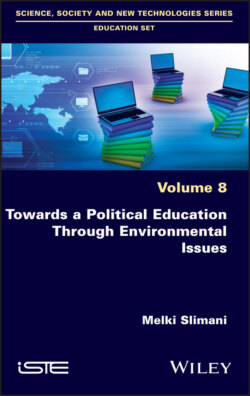Читать книгу Towards a Political Education Through Environmental Issues - Melki Slimani - Страница 17
1.3.1.2. A risk of depoliticization
ОглавлениеEnvironmental governance has not escaped the risk of “depoliticization” through the claim that this type of social interaction on environmental issues is apolitical (McCarthy 2013).
Green economy and ecological modernization discourses are basically depoliticized (or post-politicized) environmental discourses because they advance a view by some dominant actors that certain issues of environmental degradation such as climate change cannot be a subject of debate nor democratic decision-making. The choice between certain mechanisms of political practices, such as market practices to avoid adverse environmental effects, constitutes a neoliberal mechanism for the depoliticization of environmental politics. This mechanism makes it possible to maintain power relations brought about by the market by trying to make them unquestionable by representing the environment as external to society (Felli 2015).
In the field of political theories, several authors agree that climate change discourses and research are “symptoms of a post-political condition” (Swyngedouw 2010; MacGregor 2014a; Pepermans and Maeseele 2014; Maeseele 2015). The post-political perspective, aimed at building social, rational and moral consensus on climate change problems and solutions, is criticized by a second politicized perspective that sees climate change as inherent to representations that are the result of conflicts and power struggles (Kenis and Mathijs 2014a, 2014b; Kenis 2016; Pepermans and Maeseele 2016). Moreover, these authors propose the urgent re-politicization of environmental issues, especially those related to climate change, as only the critical perspective is capable of providing tools for socio-ecological change.
